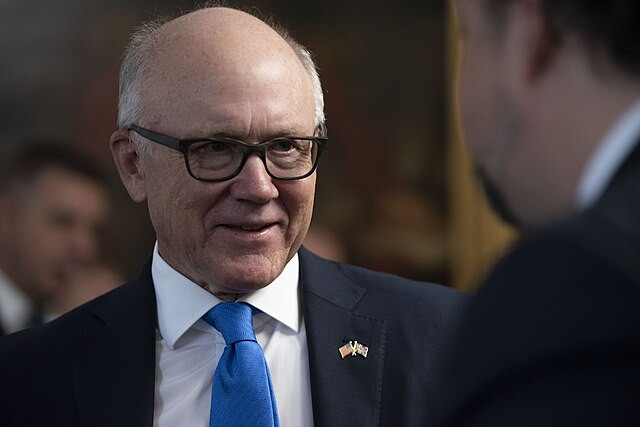The United States vetoed a United Nations Security Council resolution on Wednesday that called for an immediate, unconditional ceasefire in Gaza. The U.S. decision, which has sparked widespread criticism, was based on the resolution's failure to explicitly tie a ceasefire to the release of hostages held by Hamas.
"We made clear throughout negotiations we could not support an unconditional ceasefire that failed to release the hostages," Deputy U.S. Ambassador Robert Wood stated following the veto. "A durable end to the war must come with the release of the hostages. These two urgent goals are inextricably linked."
The resolution, proposed by the council's 10 non-permanent members, demanded a permanent ceasefire and the immediate and unconditional release of all hostages. While it received the support of 14 of the 15 council members, including U.S. allies like the United Kingdom and France, the United States exercised its veto power, blocking the resolution.
Wood criticized the resolution's authors for rejecting compromise language that could have secured U.S. support. He further noted that the proposal failed to "condemn Hamas for its October 7 terrorist attack" on Israel. Highlighting the American hostages among those held in Gaza, he declared, "We will not forget them."
The U.S. veto provoked strong condemnation from Palestinian officials. Majed Bamya, the Palestinian deputy ambassador to the U.N., called the decision a green light for continued violence. "You are witnessing the attempt to annihilate a nation, destroy a nation," he said, highlighting the ongoing toll of the conflict. "There is no right to mass killing of civilians. There is no right to starve an entire civilian population."
Hamas also denounced the veto, accusing the United States of complicity in Israel's military actions. "The United States again demonstrated its direct involvement in the aggression against our people," Hamas said in a statement, urging Washington to cease its "hostile policy" if it seeks stability in the region.
The U.S. decision drew sharp contrasts within the Security Council. The UK, which had abstained from prior ceasefire resolutions, backed the proposal this time. British Ambassador Barbara Woodward described the move as "an expression of our determination to end this war, stop the suffering in Gaza, and secure the immediate release of the hostages."
France voiced similar disappointment. Nicolas de Rivière, France's UN representative, emphasized the urgency of implementing an unconditional ceasefire. "There is an obvious urgency to implement an immediate and unconditional ceasefire. This is the only way to guarantee the protection of all civilians and the massive and unhindered delivery of emergency aid," he stated.
Israel, however, supported the U.S. veto. Israeli Ambassador Danny Danon argued that the resolution "was not a path to peace, it was a road map to more terror, more suffering, and more bloodshed." He thanked the U.S. for "standing on the side of morality and justice, for refusing to abandon the hostages and their families."
The conflict in Gaza, now over 13 months old, has left more than 43,000 Palestinians dead, according to Gaza's health ministry, and the region in ruins. Critics argue that the U.S. decision to tie a ceasefire to hostage release perpetuates violence and delays critical humanitarian aid.
Algerian UN Ambassador Amar Bendjama condemned the veto, asserting it emboldens Israel to continue "genocide" and "collective punishment" against Palestinians. He vowed to push for an even stronger resolution under Chapter 7 of the UN Charter, which allows for military enforcement.
Despite the U.S. veto, the council's 10 elected members pledged to persist in their efforts. "The war in Gaza must end immediately," they declared, reaffirming their call for hostages to be released and humanitarian aid to flow freely. "Our collective efforts to end the hostilities will not stop."






